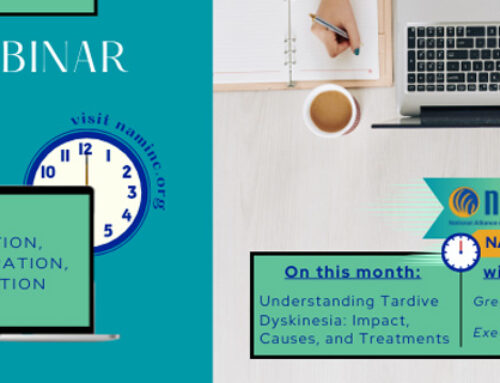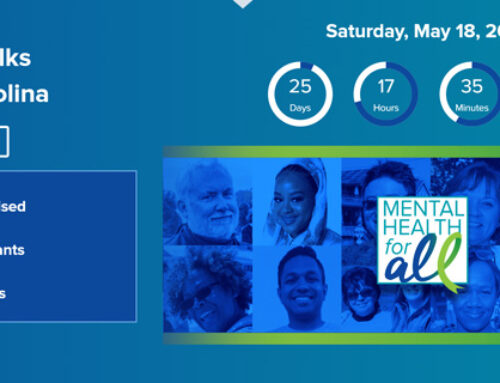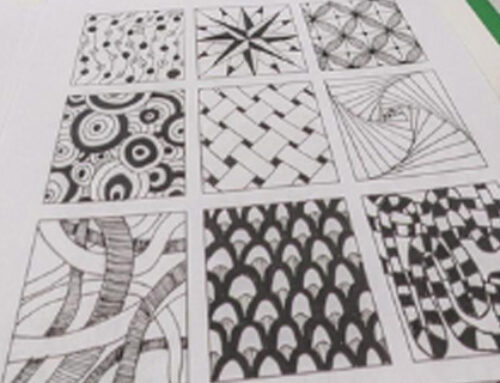For many with mental health issues, artistic expression through painting, music, dance, or writing can provide reflection, catharsis, and a pathway to regaining joy. Journaling especially has had great success as a therapeutic tool that requires no special skills in order to start.
Journaling allows us to focus our thought patterns and emotional responses into words on a page, which can help us analyze them more objectively. It can also serve as a form of meditation, forcing us to focus on the present instead of indulging anxieties about the future. Working through emotional responses and ingrained thought patterns by putting them on paper helps us understand ourselves better – our triggers, intrusive thoughts, and negative patterns.
Writing therapy has become a powerful tool in psychotherapy sessions. In these exercises, the therapist either gives their client a “homework” prompt to complete between sessions, or guides the client through a journaling exercise on a specific prompt during the session. Either method allows the therapist to see what is forefront in the client’s mind, and sets the theme of that session’s discussion.
There are several types of journals:
- Gratitude – writing down anything you are thankful for that day. Gratitude journals help you focus on the positive aspects of your life and the world around you.
- Reflective – analyzing internal processes during life events to get a better understanding of how your mind and emotions operate.
- Health – noting progress through an illness. Many therapists will recommend this journal for patients going through cancer, so they can remember and reflect on the highs and lows of their recovery.
- Goal – focuses on setting goals and tracking progress on meeting them.
The benefits of journaling are numerous on those with mental health issues. It helps those with difficulty expressing themselves verbally put their feelings into words. It allows sufferers of PTSD to ground their fearful memories in reality. It can give teenagers who are reticent to share their experiences an outlet for self-expression. All it takes to get started is a pen, some paper, and a quiet space to reflect on your thoughts and feelings. Check out the links below for some helpful articles on getting started with journal therapy.
NAMI NC members Suzanne Mayer and Lorraine Gaasche will be presenting a weekly webinar in March called Writing to Heal, which will teach participants how to get started with writing therapy. Visit our website to register.
https://thehumancondition.com/journaling-therapy/
https://www.everydayhealth.com/emotional-health/how-to-journal-a-detailed-beginners-guide/





